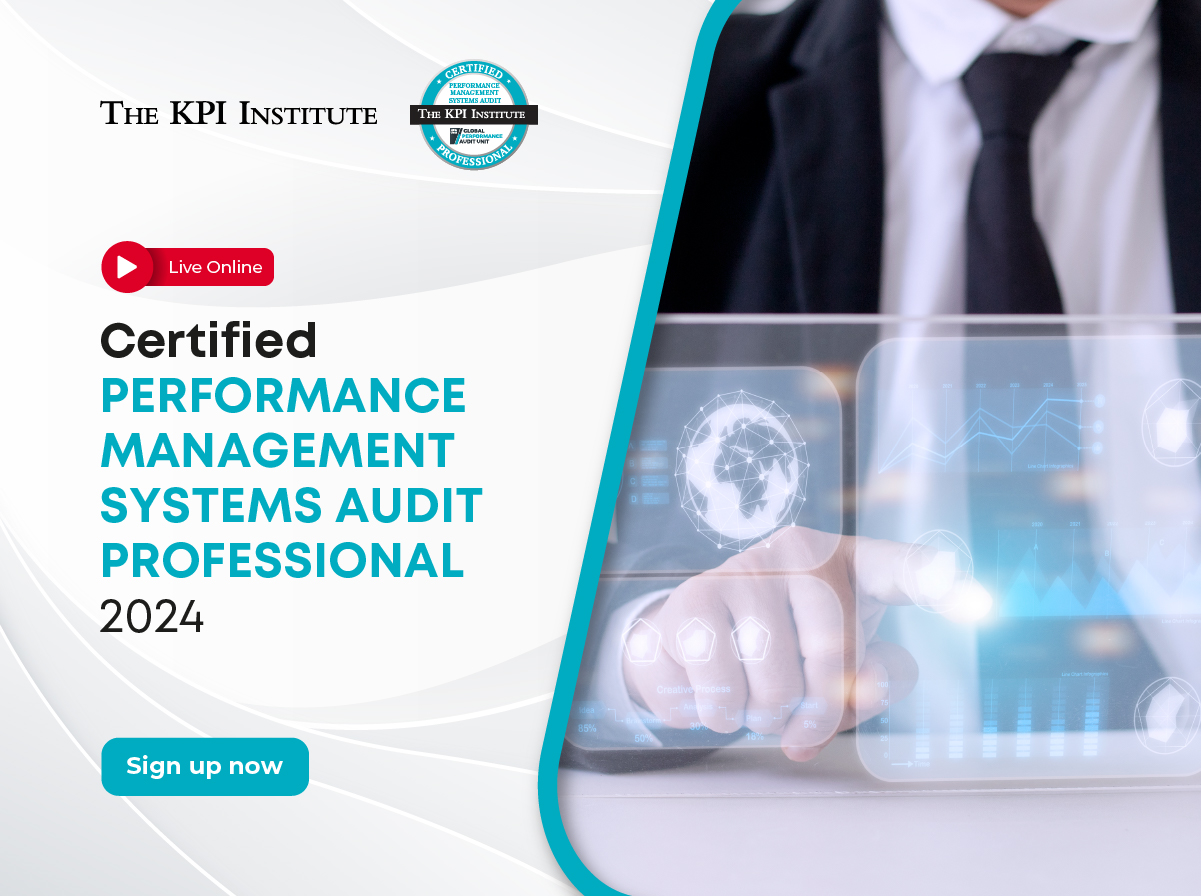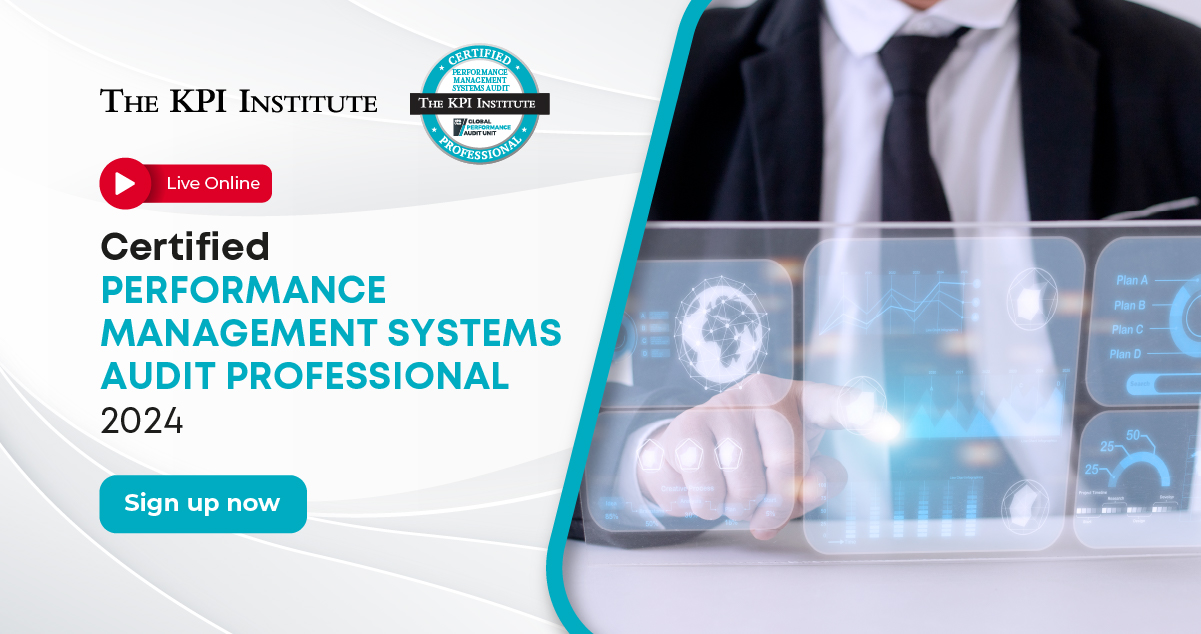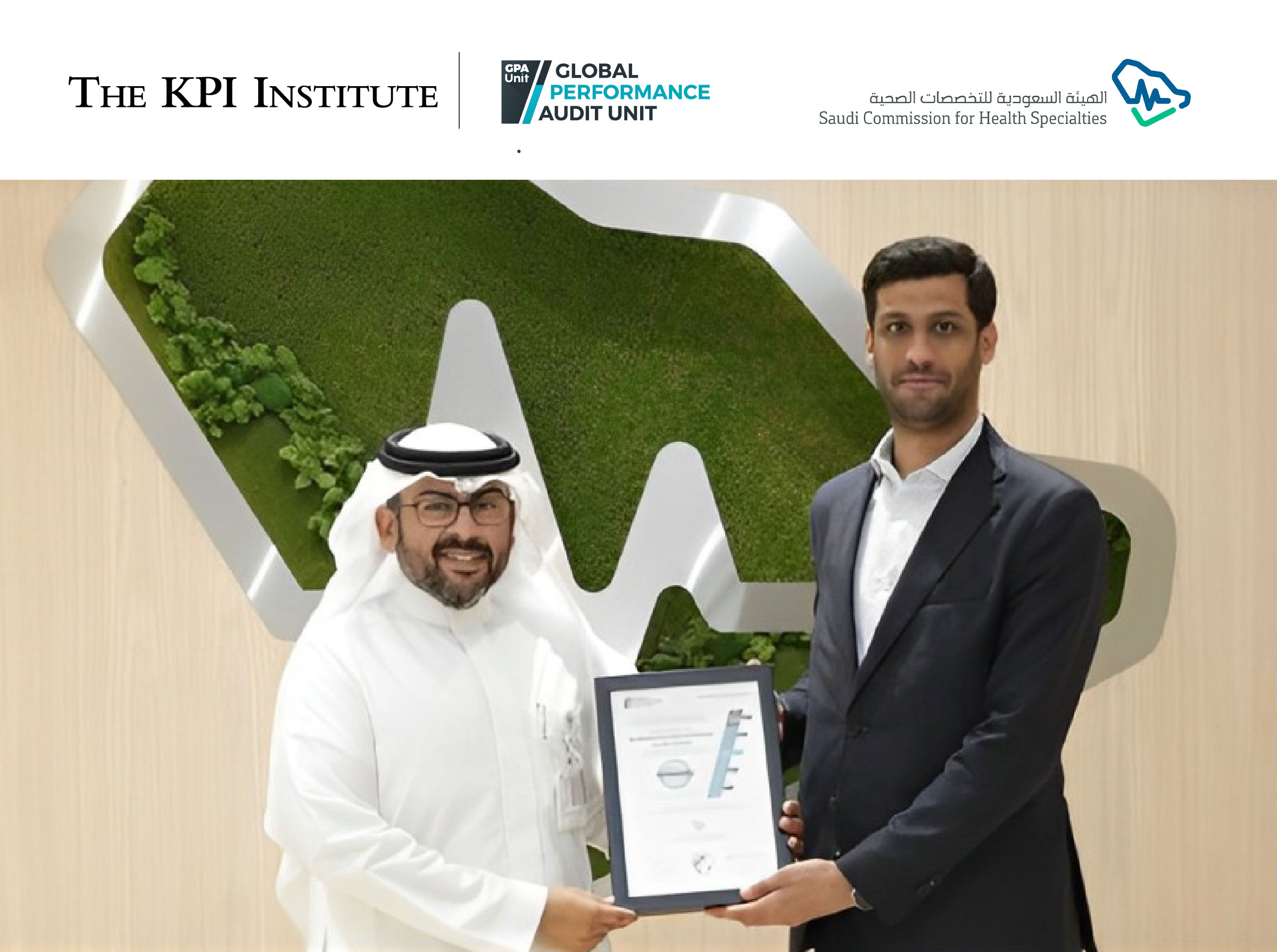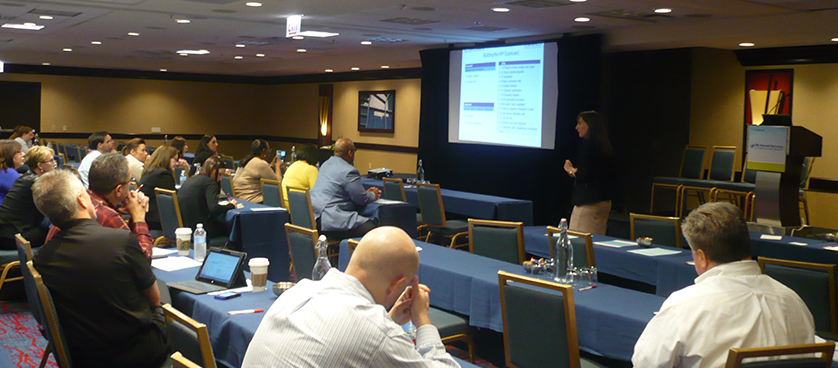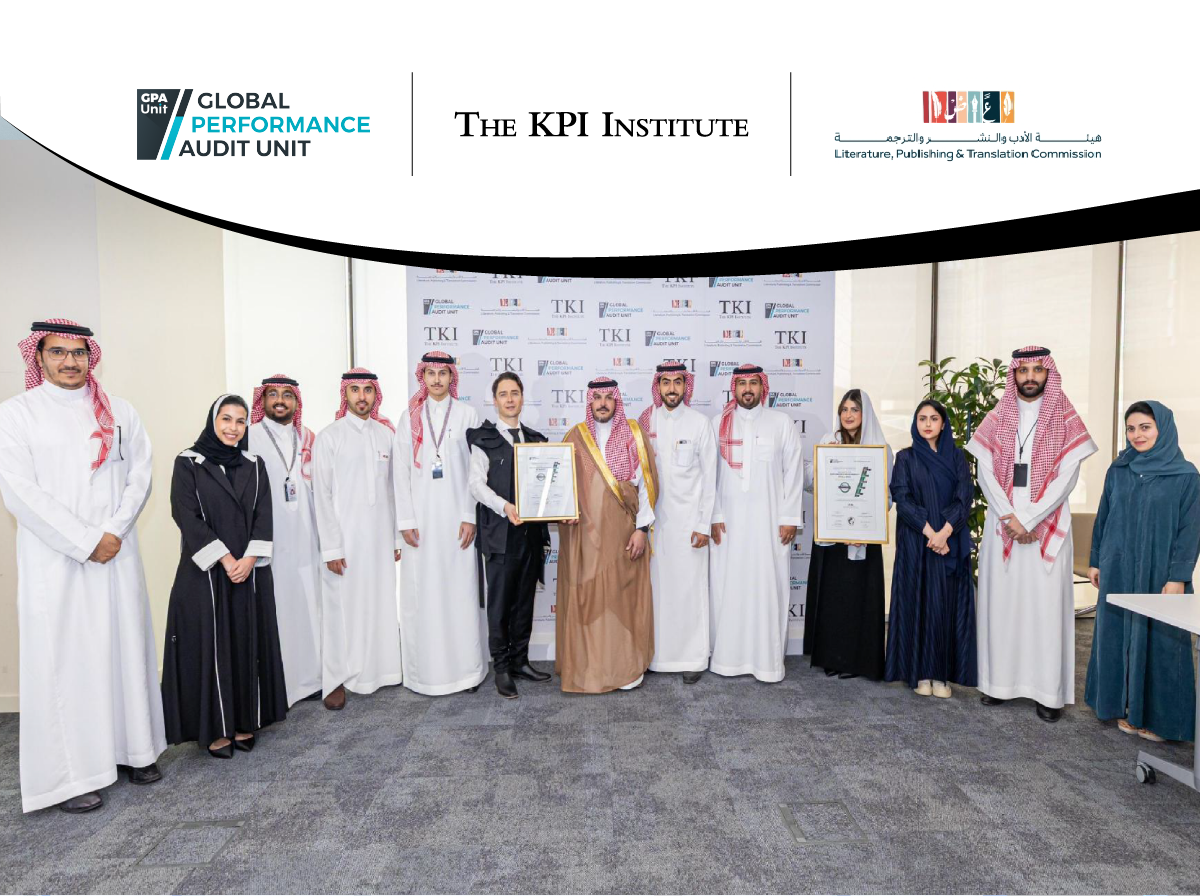
Saudi Arabia’s LPTC achieves level IV maturity in performance measurement
July 8th, 2025 Posted by Kimberly Tilar Press release 0 thoughts on “Saudi Arabia’s LPTC achieves level IV maturity in performance measurement”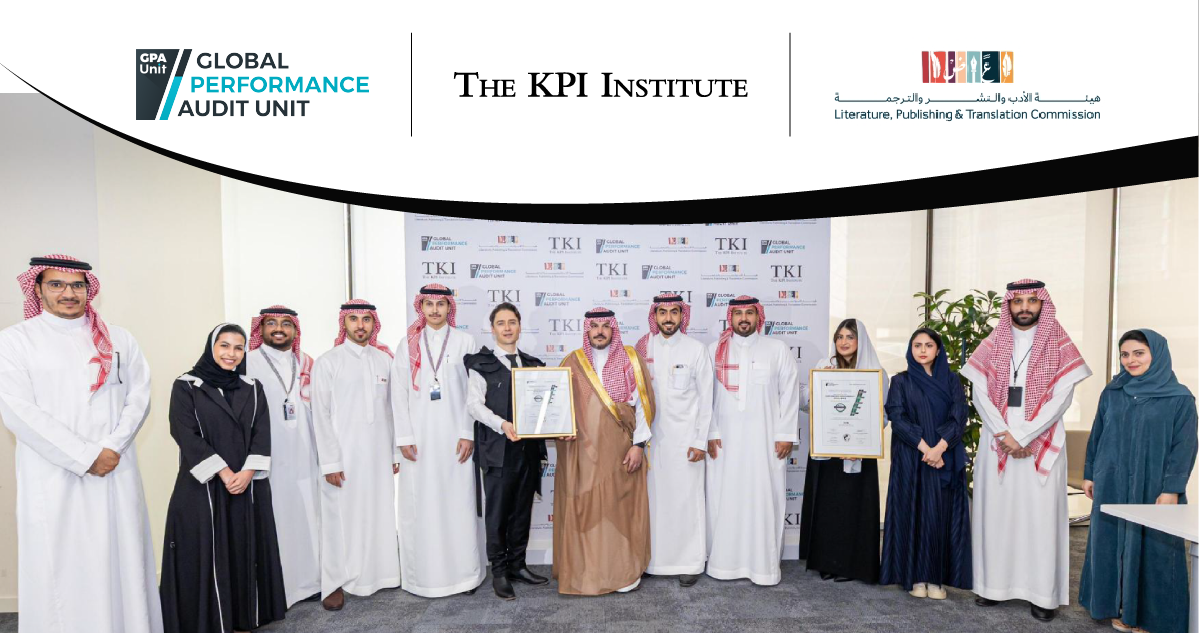
The Global Performance Audit Unit (GPA Unit) has formally recognized the Literature, Publishing, and Translation Commission (LPTC) for achieving Maturity Level IV – Integrated in the Performance Measurement capability, following a maturity assessment conducted using the GPA Unit’s Integrated Performance Maturity Model Framework. This recognition reflects the Commission’s commitment to advancing its internal performance measurement practices and supporting its strategic objectives through reliable, structured, and data-driven approaches.
As the national body responsible for shaping Saudi Arabia’s literary and publishing ecosystem, LPTC operates at the intersection of culture, innovation, and policy. Its recent efforts to strengthen performance measurement mark an important step in aligning internal systems with its strategic and cultural objectives.
The evaluation followed a comprehensive methodology that combined evidence-based, perception-based and interview-based analysis. Evidence was collected through detailed reviews of internal documentation, frameworks, and procedures. Perception-based insights were obtained via internal quantitative surveys, complemented by qualitative interviews with staff and stakeholders during the interview phase. This approach enabled a well-rounded assessment across six key dimensions: KPI selection, KPI documentation, target setting, data gathering, data visualization, and governance.
The findings confirmed that LPTC has developed a cohesive and well-integrated performance measurement system. KPIs are clearly defined and aligned with strategic priorities, supported by strong practices in target setting, data collection, and visualization. These efforts are reinforced by committed leadership and a clear focus on continuous improvement. Effective governance structures and well-defined roles promote accountability and execution, laying a solid foundation for sustained progress.
“LPTC’s recognition is a demonstration of what disciplined performance stewardship looks like in the public sector.” Said Teodora Gorski, Head of Strategic Partnerships & Growth at the GPA Unit. ” The ability to define what matters, measure it with consistency, and act on it with purpose reflects operational strength and institutional clarity. At this level, performance measurement is no longer a function; it becomes a leadership instrument. It enables alignment, drives accountability, and positions the Commission as a reference point for excellence in public sector performance.”
The assessment was conducted as part of the GPA Unit’s ongoing work with public sector institutions in Saudi Arabia, supporting the national direction under Vision 2030 to strengthen transparency, strategic alignment, and performance across government entities. By reaching Level IV in Performance Measurement, the Literature, Publishing, and Translation Commission joins a growing group of entities recognized for their structured and forward-looking approach to managing performance.
The GPA Unit commends the Commission’s leadership and teams for their openness, professionalism, and dedication throughout the assessment process. This milestone not only validates existing practices but also provides a solid foundation for future development and continuous improvement.

